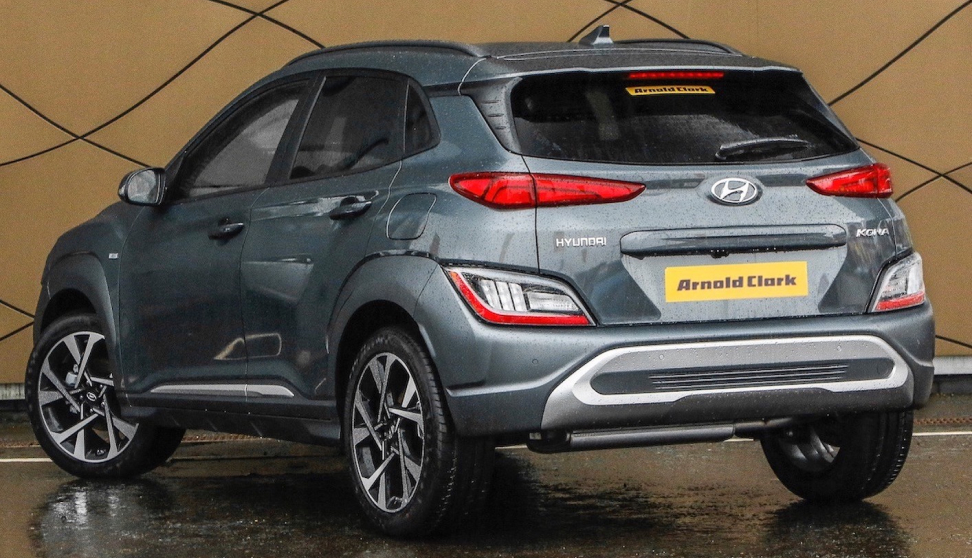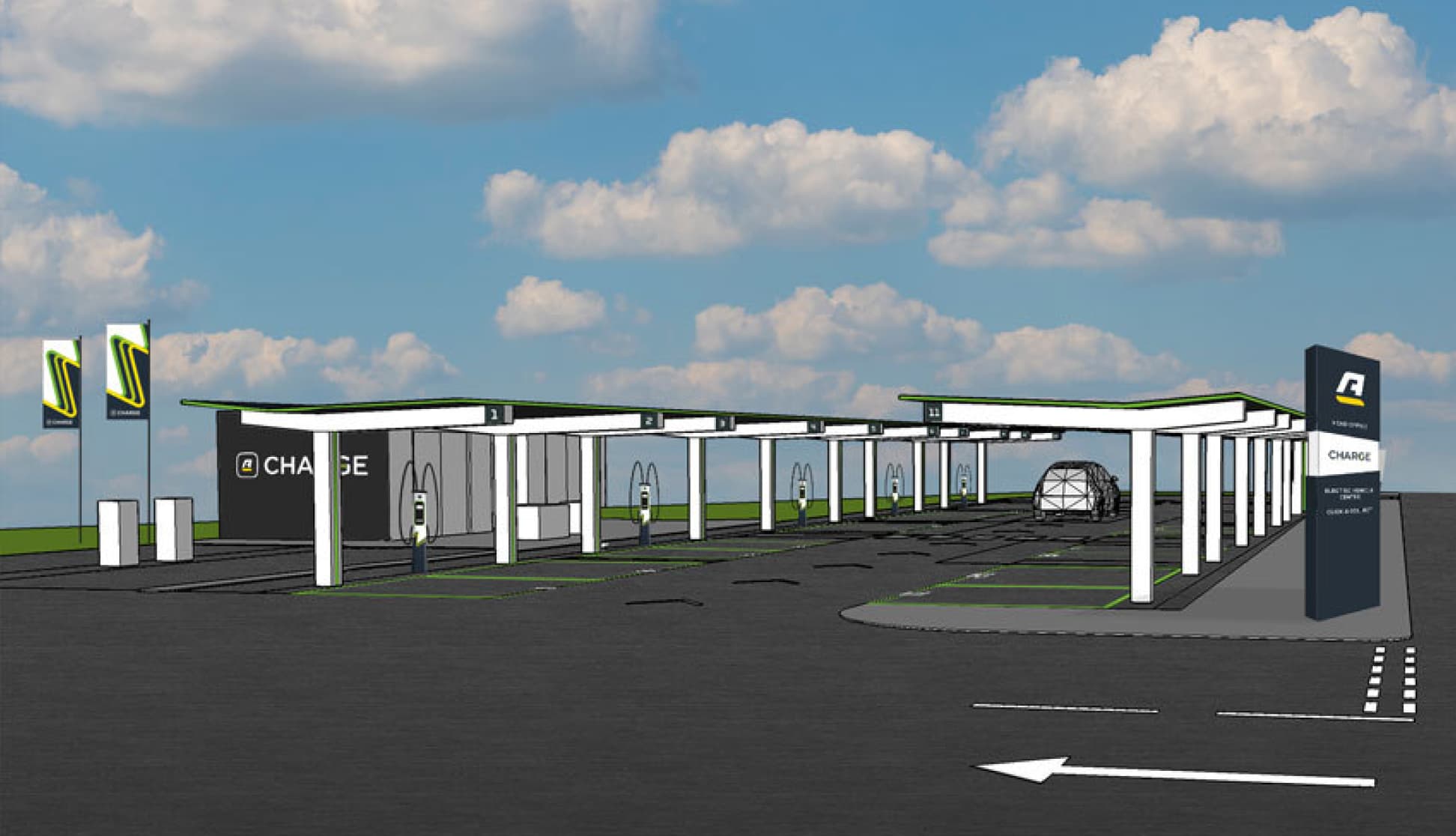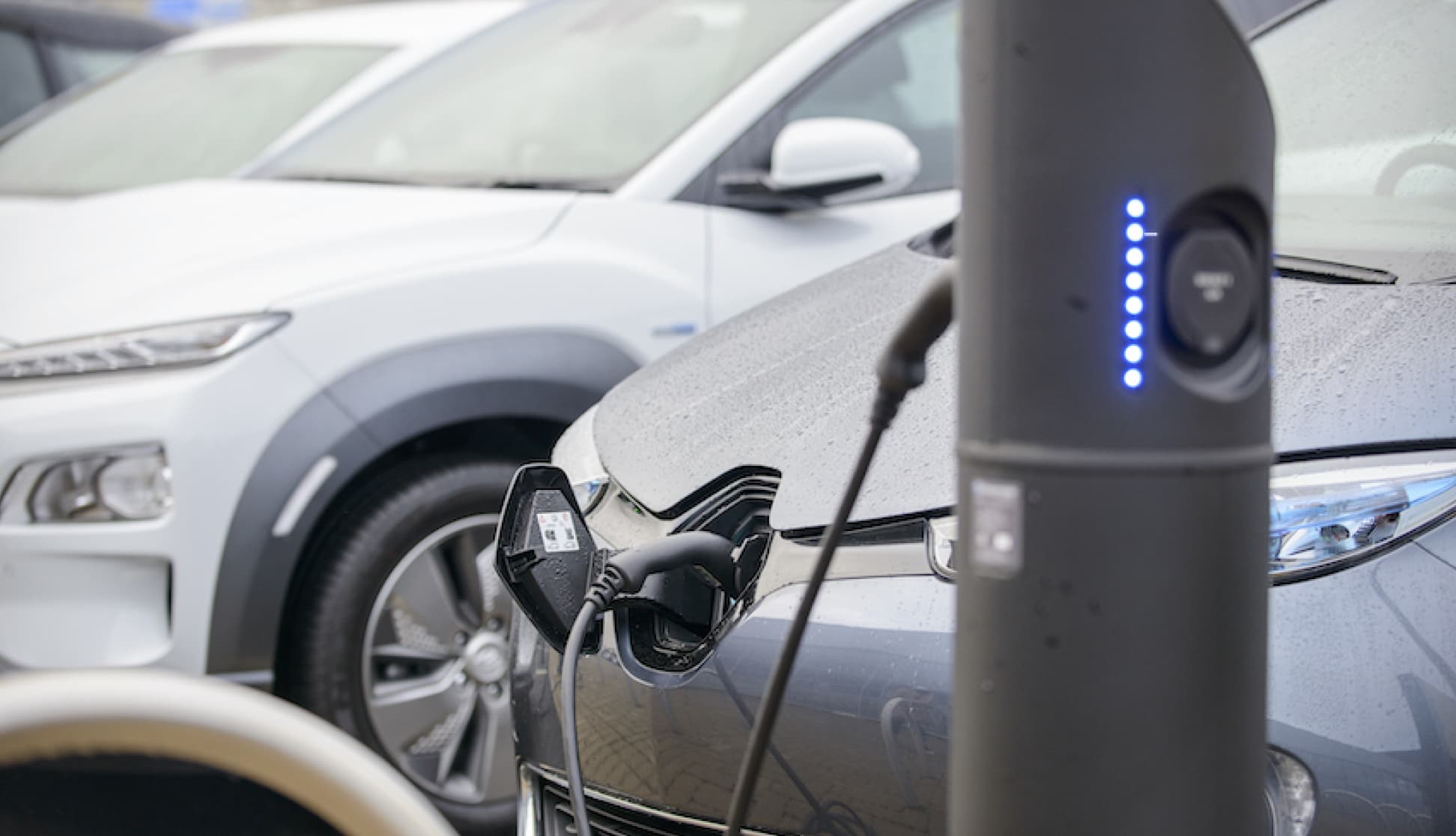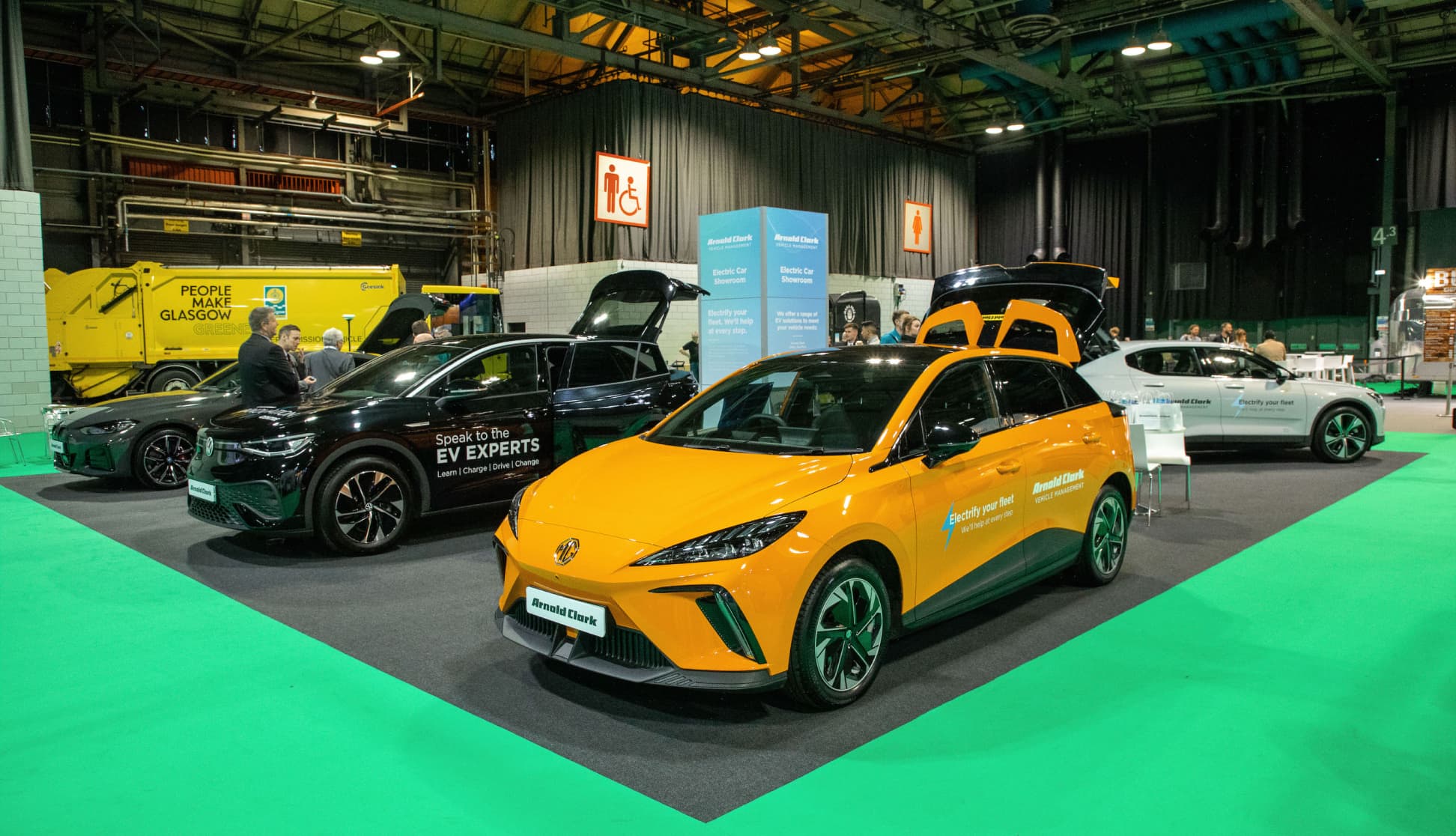A company car scheme is when a company or business offers its employees the use of a vehicle for personal and business travel.
Typically, an employee will be offered a specific car or a choice of cars up to a certain value.
Company cars can be used for business and private journeys, however, the employee will not own the car. Therefore, the employee is not tied into a financial contract and they’re not responsible for servicing, maintaining or insuring the car.
Company cars are viewed as an employee benefit or perk, which means drivers need to pay benefit-in-kind (BIK) tax. This tax is calculated using the car’s P11D price and its CO2 emissions figure.
The P11D price is essentially what the car is worth and is similar to the car’s list price. The P11D value includes any optional extras the driver adds to the car, for example larger alloy wheels.
If fuel is also part of the company car package, drivers need to pay a car fuel benefit in addition to BIK tax.
The amount you’ll pay for BIK and the fuel benefit will then depend on whether you’re a 20% or 40% taxpayer.
To justify the use of a company car, the employee is usually required to travel significantly for their role.
Pros:
- You don’t need to pay for or organise maintenance, servicing or insurance.
- You can drive a brand-new car every two or three years.
- You are not personally tied into a financial contract.
- You don’t need to worry about the residual value because you don’t need to sell the car.
- You’ll usually pay less for BIK tax compared to a monthly personal contract hire agreement.
Cons:
- Your employer may restrict the choice of cars.
- If you leave your job, you can’t take the car with you.
- You’ll never own the car.
- If you want to drive a premium car with high CO2 emissions, BIK tax can be high.



